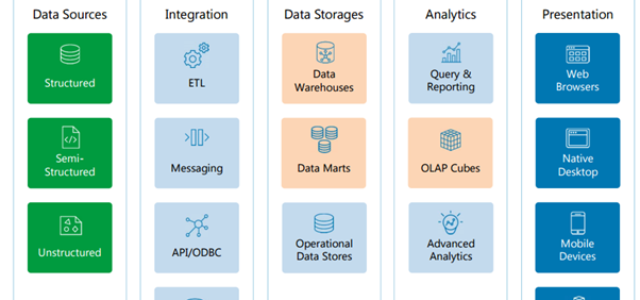When discussing the subject of digital transformation, I’ve frequently pointed out the importance of having the right culture in place to support the radical change required. According to a new survey though, it seems this is still lacking in many organisations.
A new report from Capgemini’s Digital Transformation Institute in collaboration with prominent digital analyst and author, Brian Solis, has identified a major cultural disconnect between leadership and employees.
The Digital Culture Challenge: Bridging the Employee-Leadership Disconnect report found that three fifths (62 per cent) of respondents view corporate culture as one of the biggest hurdles in the journey to becoming a digital organisation. It reports that one of the major issues is that employees don’t see their company’s culture as ‘digital’. Two fifths of senior-level executives believe their firms have a digital culture but only one quarter (27 per cent) of the employees surveyed agreed with this statement.
The report, which includes more than 1,700 people in 340 organisations across eight countries, asked respondents to assess their companies’ digital culture based on seven attributes: their collaboration practices, innovation, open culture, digital-first mindset, agility and flexibility, customer centricity and a data-driven culture. Capgemini reports that insights gathered from the report, and through a series of focus interviews, helped to identify some of the reasons behind this digital culture gap including senior leaders failing to communicate a clear digital vision to the company, the absence of digital role models and a lack of KPIs aligned to digital transformation goals.
Cyril Garcia, head of digital services and member of the group executive committee at Capgemini, says that companies need to engage, empower and inspire all employees to “enable the culture change together” and that working on this disconnect is a key factor for growth. “Those businesses that make digital culture a core strategic pillar will improve their relationships with customers, attract the best talent and set themselves up for success in today’s digital world,” he adds.
Worryingly, the study also found that innovation is still not a reality for many organisations with only 7 per cent of companies feeling that their organisation can test new ideas and deploy them quickly. Meanwhile, the vast majority of top executives (85 per cent) believe that their organisations promote collaboration internally, while only two fifths of employees (41 per cent) agree with this premise.
Self-awareness is always cited as a key trait of successful leaders. But it would seem that a lack of it is at the heart of some of the problems which, if left unaddressed, will prevent leaders from executing their digital transformation strategies effectively.
Leaders need to take a long hard look at their organisational culture and assess whether it truly supports transformation and innovation. They also need to examine their own behaviours and actions and be prepared to challenge them. Your strategy may say you encourage innovation but do your day-to-day actions and attitudes stifle it in reality? Similarly, you may perceive yourself as a collaborative leader but does the organisation still operate with a largely silo mentality?
Ultimately, these questions may not provide the answers you want to hear but time is running out for those leaders whose own actions may be impeding digital transformation rather than promoting it.
Article by channel:
Everything you need to know about Digital Transformation
The best articles, news and events direct to your inbox






